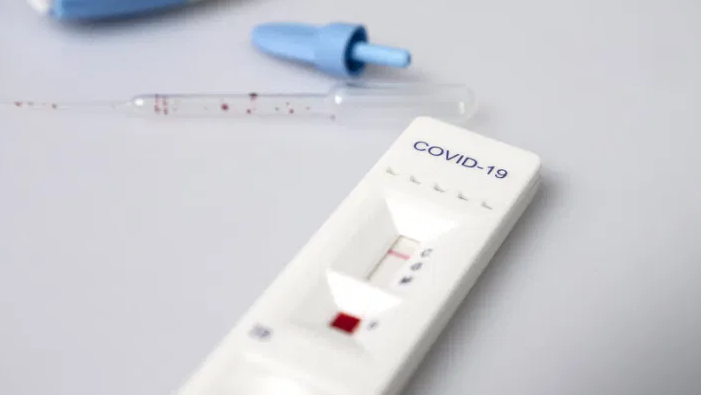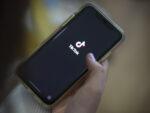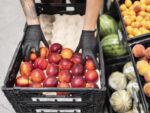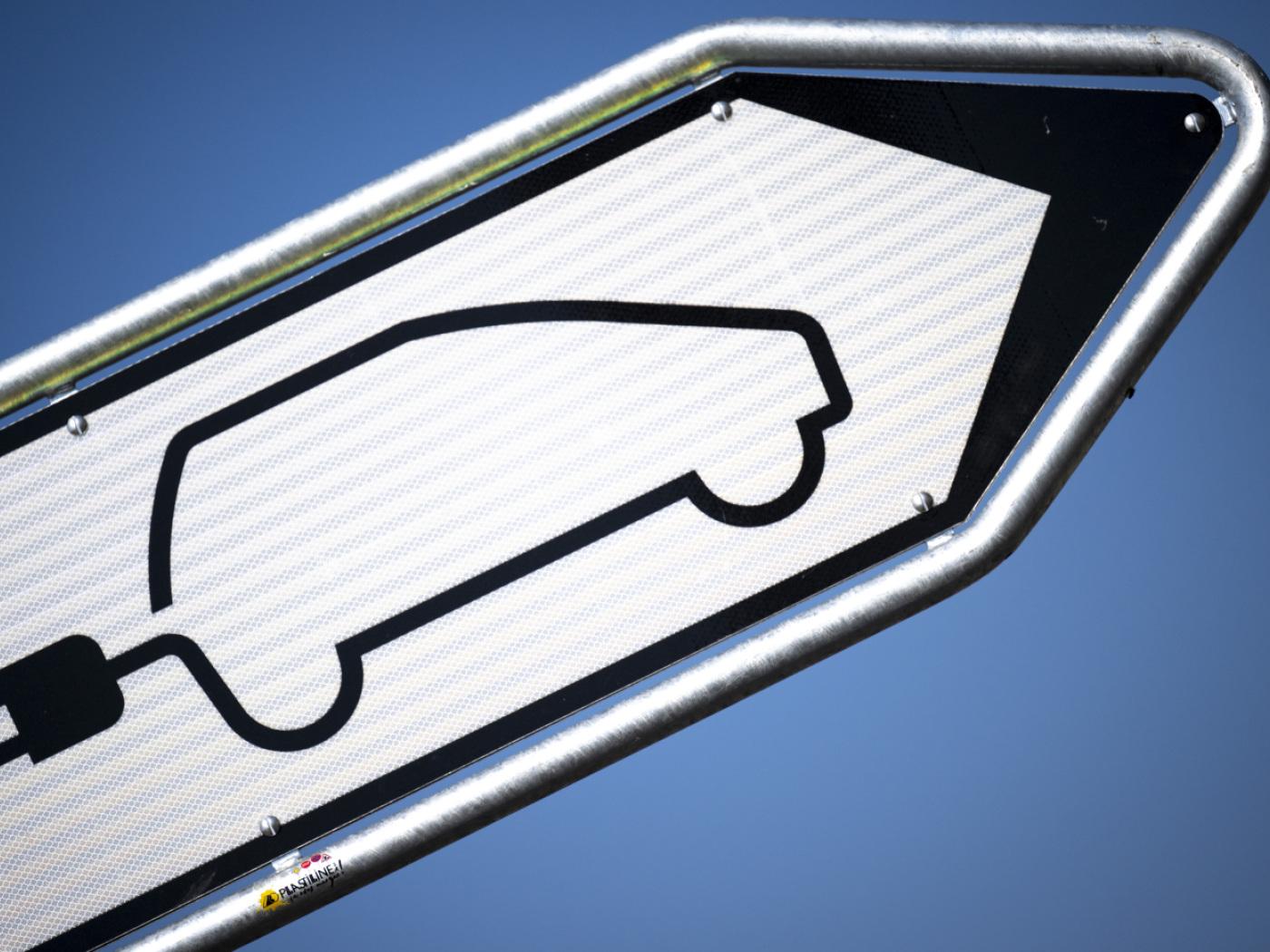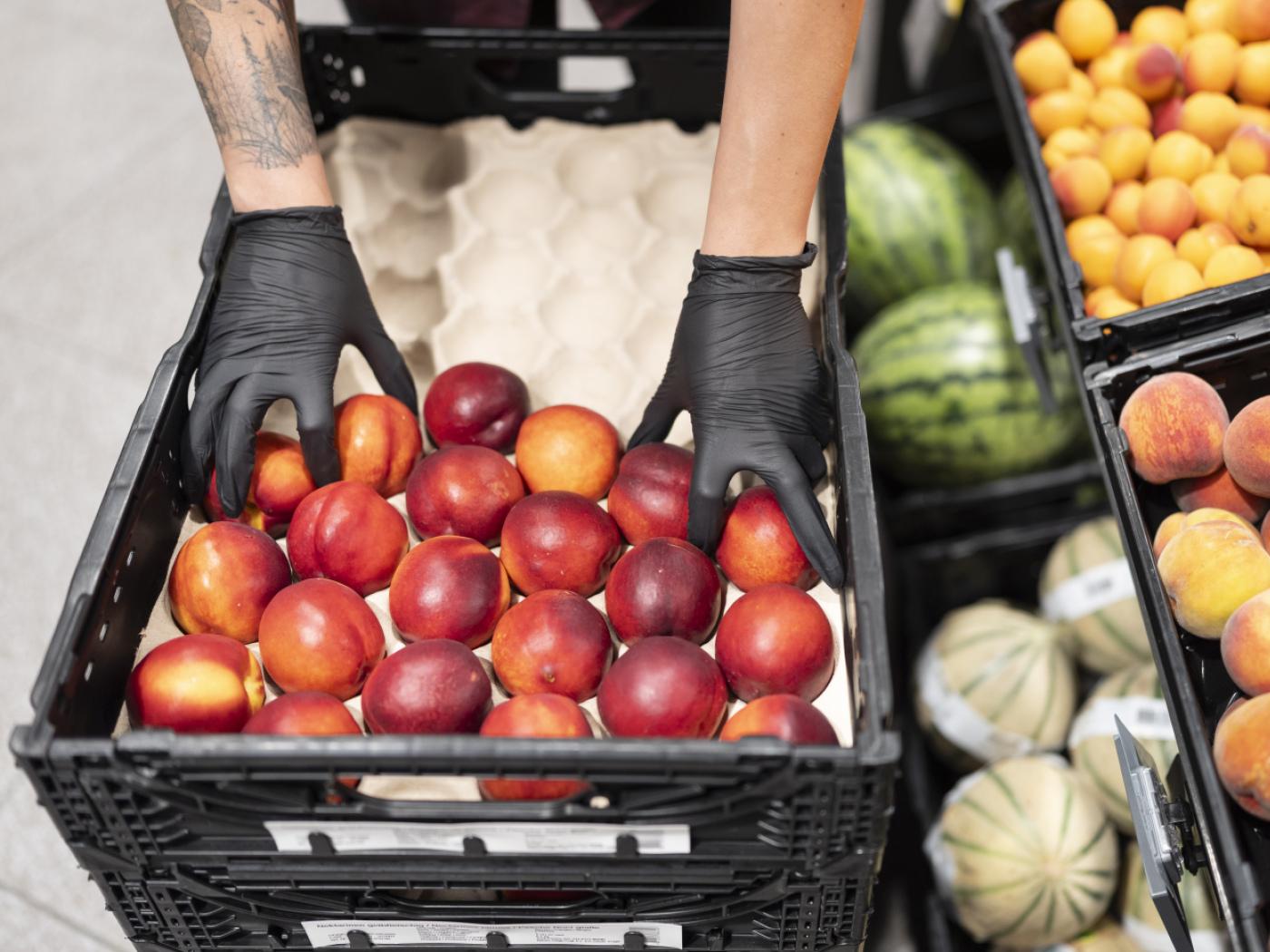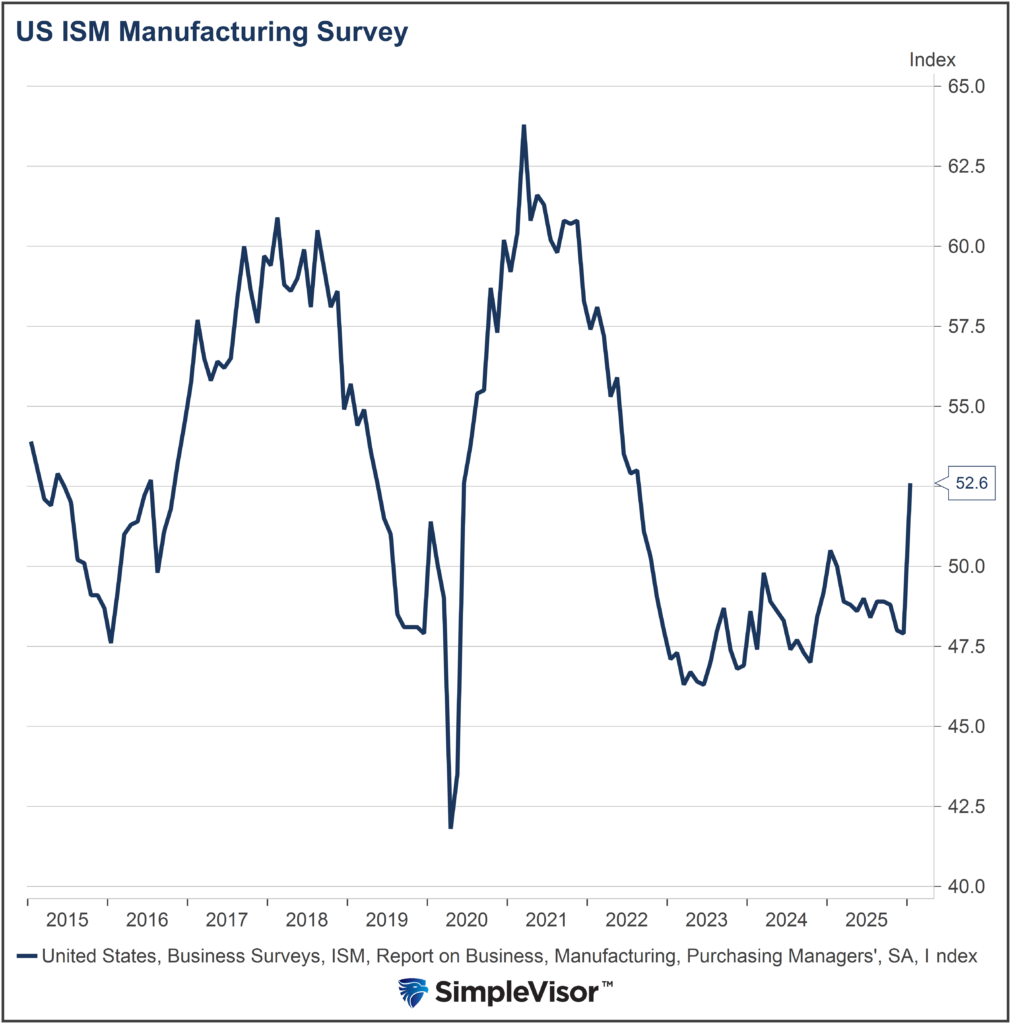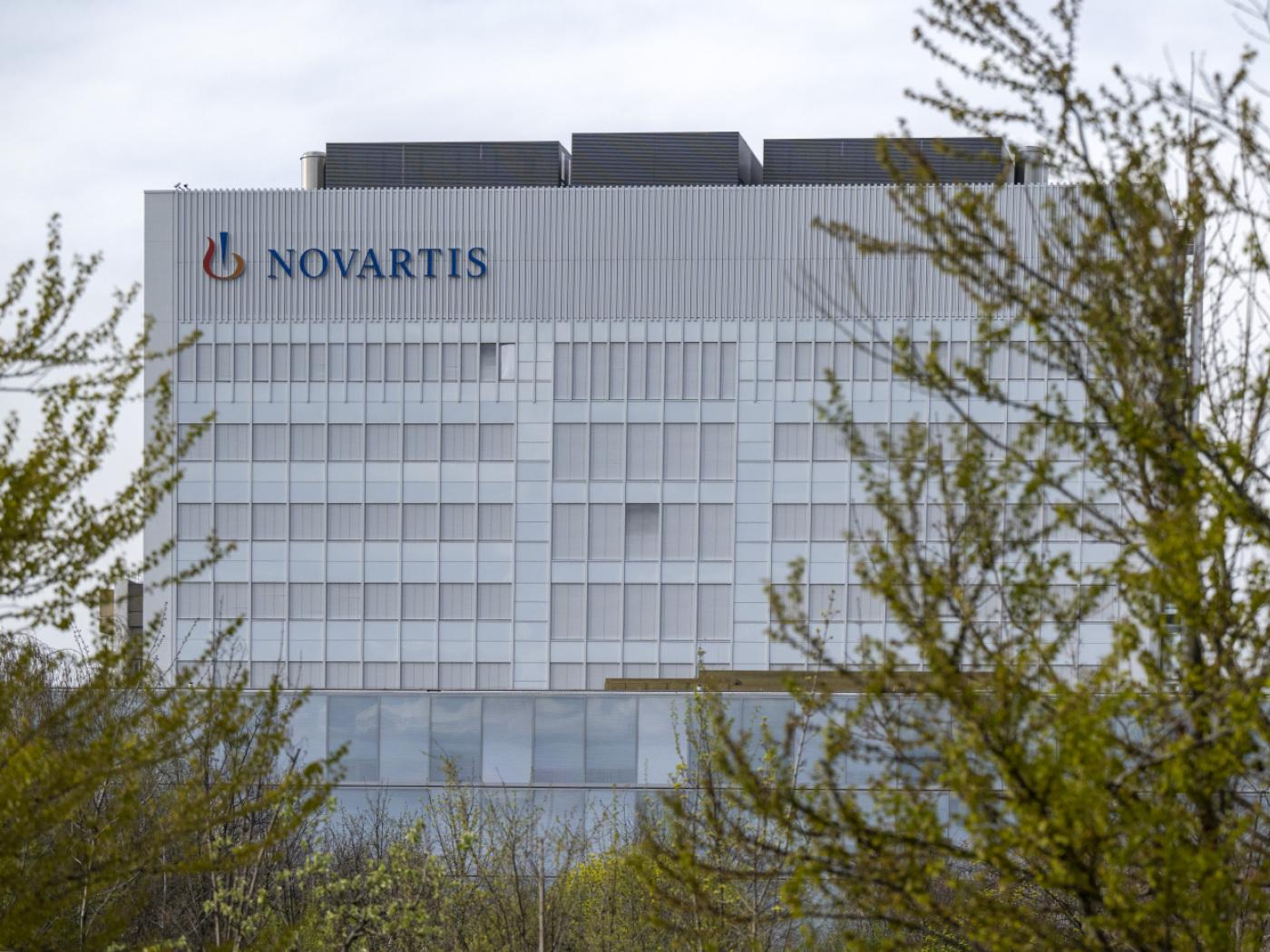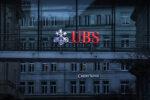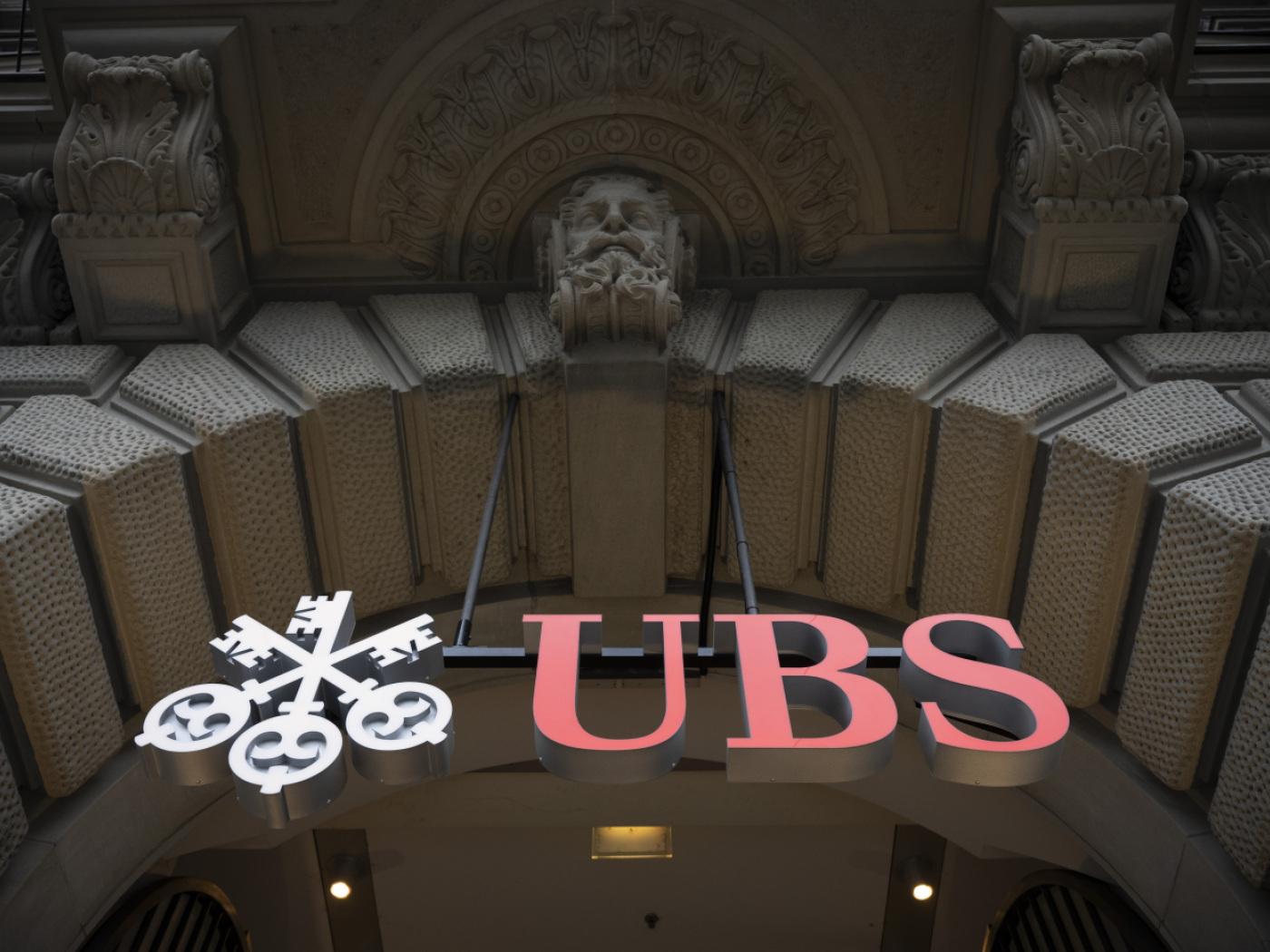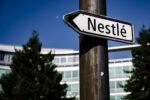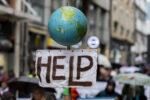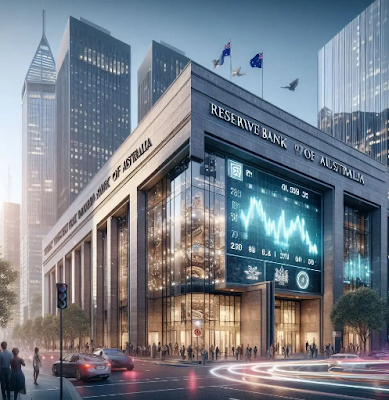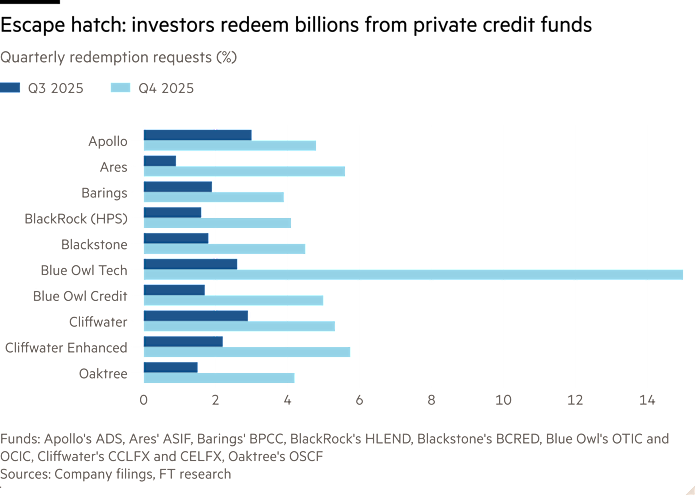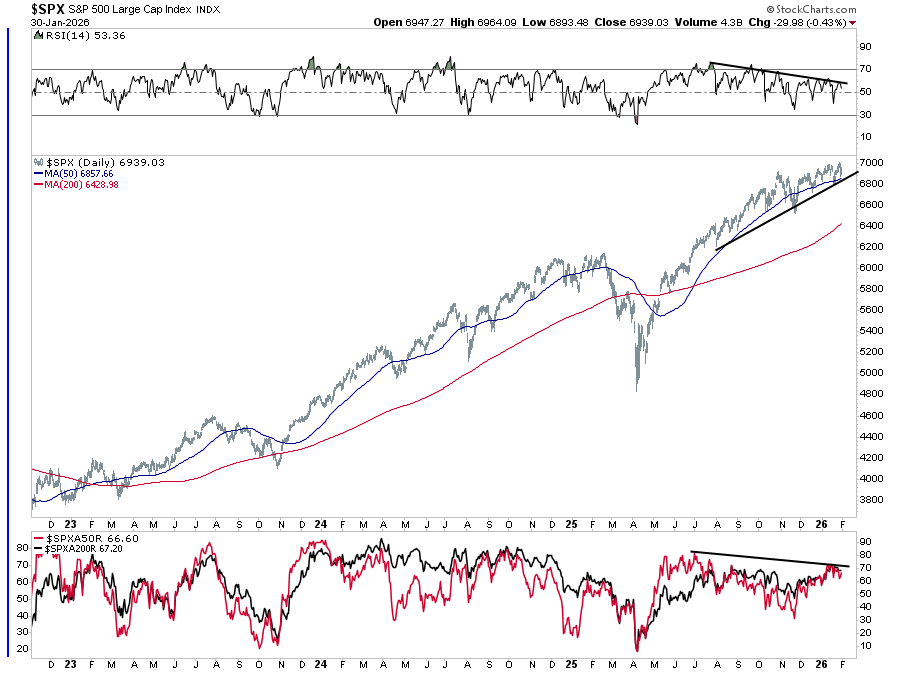Levels of SARS-CoV-2 antibodies wane quite rapidly after infection, researchers from Imperial College London have found.
The team, which measured SARS-CoV-2 antibody levels in 365,000 people between June and September saw a decline of 26% in the number testing positive for antibodies.
At the start, antibodies were found in 6.0% of those tested with prick blood tests. During September the percentage was 4.4%, a drop of 26% over roughly 3 months.
The downward trend was observed across all age groups, but not in health workers, which could indicate repeated or higher initial exposure to the virus, the authors suggest. The decline was largest in people aged 75 and above compared to younger people, indicating that the antibody response varies by age and with the severity of illness.
Exactly what this means is not entirely clear. Antibodies are only one element of the immune system. Lymphocytes, such as T-cells that kill infected host cells, are known to have memory and might offer protection. However, the researchers pointed out that antibody levels tend to be highly predictive of overall immunity.
At the same time, there have been very few reported cases of people getting infected more than once. But this could be due to antibodies only just starting to fade after the peak of the first wave in April.
In addition, it is unclear what this study’s results mean for vaccines. Vaccine induced immunity can differ from natural immunity, so room for hope remains on vaccines lending a hand in stemming the disease at some point.
Full story here Are you the author? Previous post See more for Next postTags: Covid-19 Switzerland,Editor's Choice,Featured,Health,newsletter,SARS-CoV-2 Switzerland









